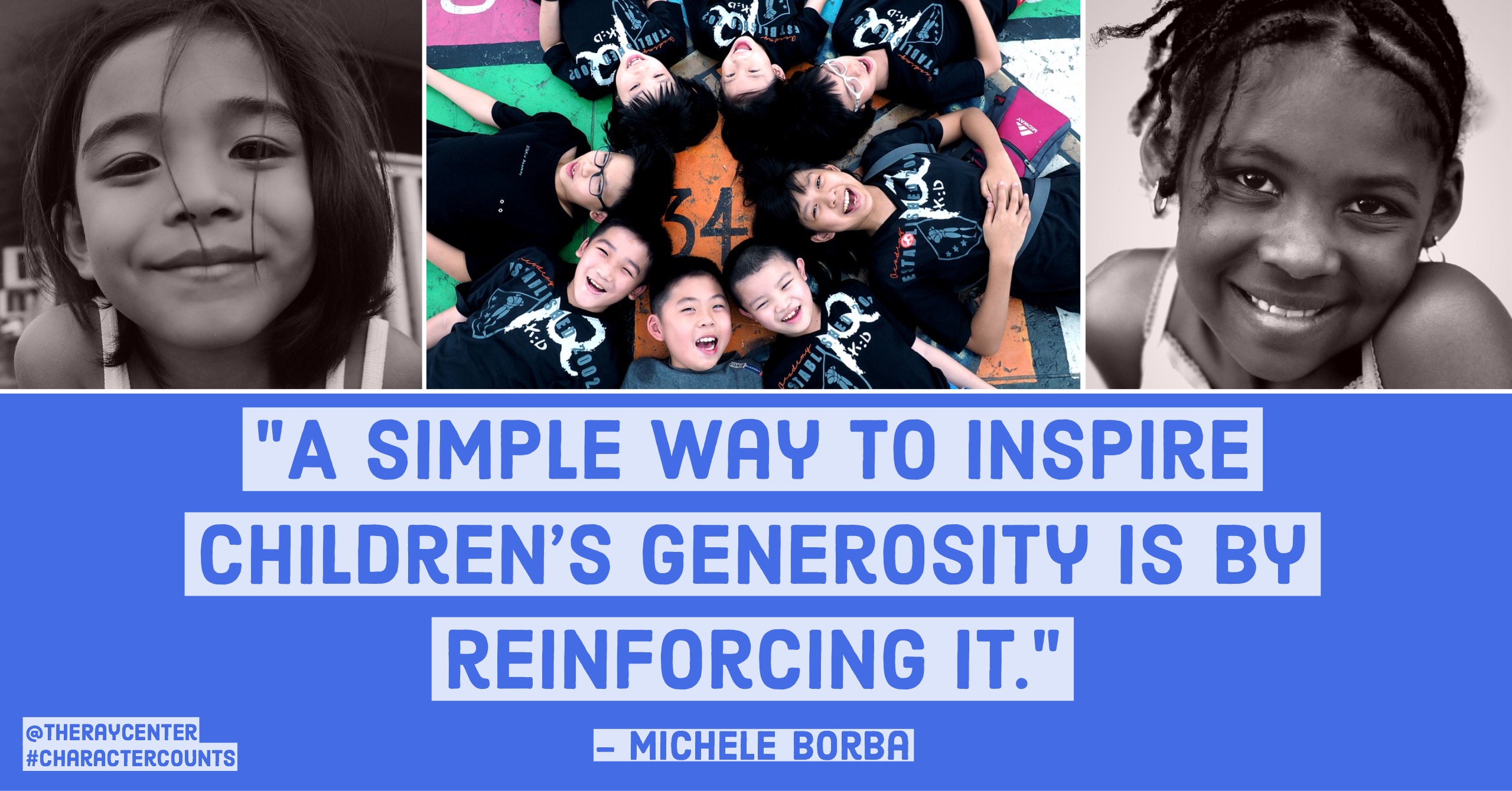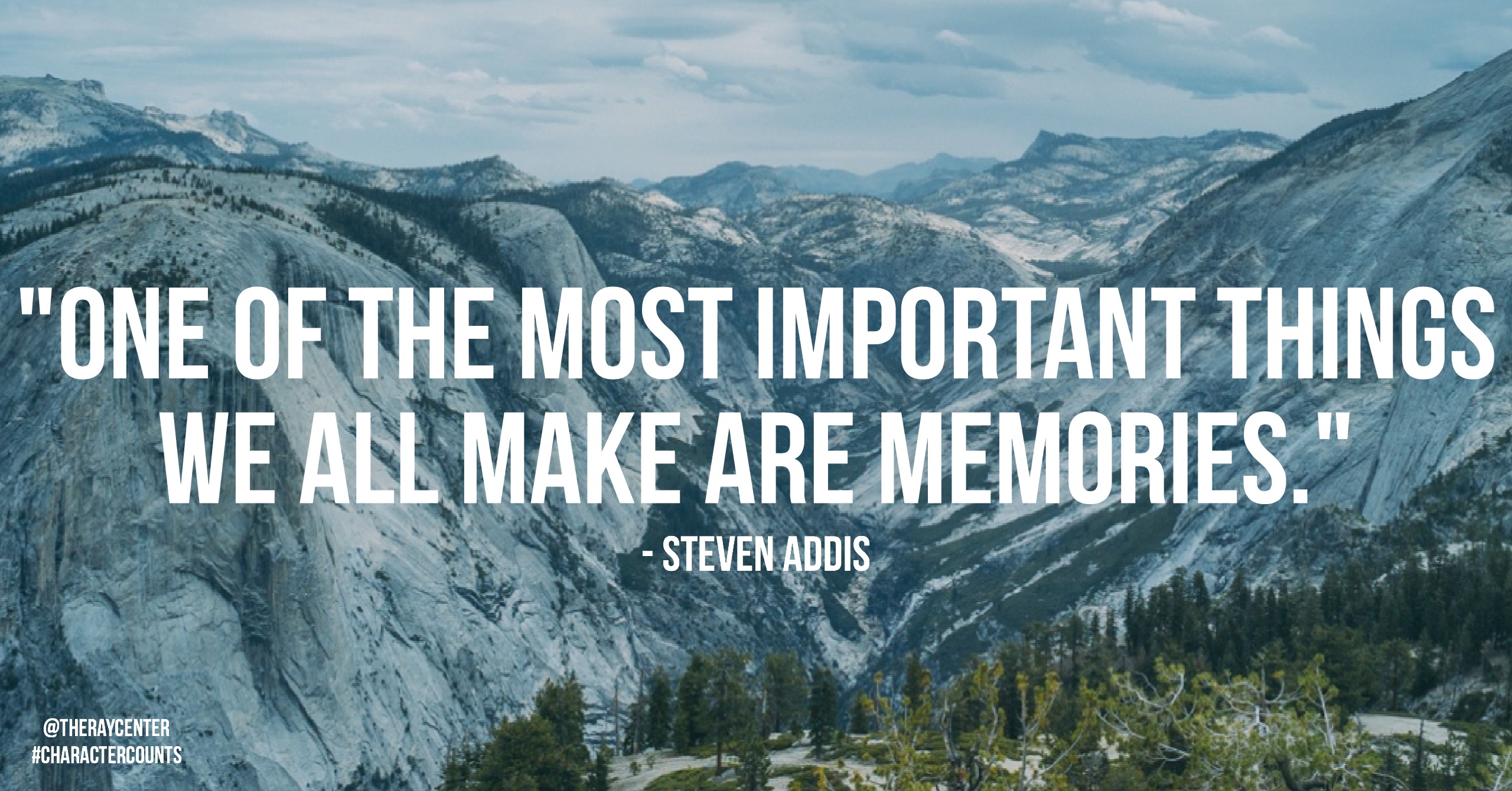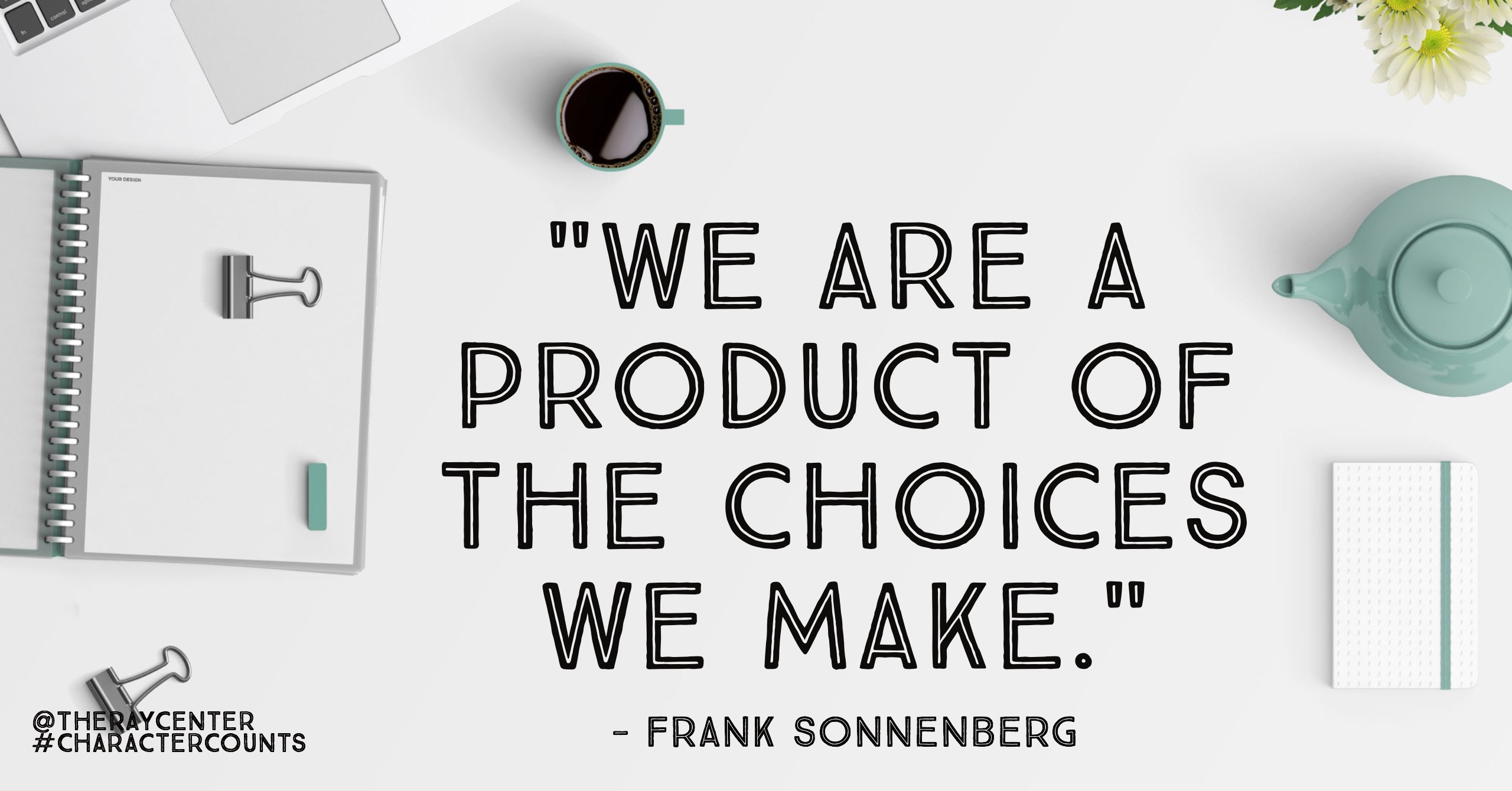
From our guest contributor, Michele Borba.
Over and over, researchers are finding that empathy is the cornerstone for becoming a happy, well-adjusted, successful adult. Studies show that possessing empathy also makes children more likable, more employable, better leaders, and even more conscience-driven. The best news is that empathy can be cultivated, and one of the best empathy generators are service projects to help kids step out of their comfort zones, open their eyes, and expose them to others’ lives. Here are 10 simple, science-backed tips adapted for this blog from my book, “UnSelfie: Why Empathetic Kids Succeed In Our All-About-Me World” to inspire generosity in your children 365 days a year:
1. Prioritize caring. Prioritize charitableness in your family chats. Be clear that you expect them not only to do their academic best, but to care about others. Display photos of your kids engaged in thoughtful endeavors, rather than just showcasing their school successes, athletic prowess or having them look cute for the camera, so they recognize that how much they care about others matters to you.
2. Be a charitable role model. The old saying, “Children learn what they live,” has a lot of truth to it. Studies show that if parents are generous and giving, kids are likely to adopt those qualities. So show your child the joy you get by giving.
There are so many daily opportunities: phoning a friend who is down, collecting blankets for the homeless, volunteering at a food bank. After volunteering, be sure to tell your child how good it made you feel.
3. Make it a family routine. A simple way to inspire children’s generosity is by reinforcing it. Keep a box by your backdoor to encourage family members to donate their gently used toys, games or books. Then each time the box is filled, deliver the items as a family to a shelter or needy family. Make charity a routine ritual that becomes a cherished childhood memory.
4. Acknowledge charitableness. Whenever your child acts in a kind-hearted way, say so: Thank them for being kind or helping out. Also, let your kids overhear (without them thinking they’re supposed to) you describing their caring qualities to others.
5. Use real events. Instead of just bemoaning bad news, talk about how you might help in the local community. It could be donating items to help after a widely publicized fire, or thinking about ways to assist the most vulnerable – like the homeless – during the winter. You can start at home, too, such as teaching them to be there for a family member who is going through a hard time.
6. Start a “giving plan.” Encourage your children to give a portion of their allowance – or tooth fairy money – to a charity of their choice. Provide three small plastic containers for younger kids or envelopes for teens that are labeled: “Save,” “Spend,” and “Give,” and help them decide which percentage of their money is to be allocated to each container.
7. Find your child’s passion. Kids are more likely to want to get involved in service projects that match their interests. Help your kids choose something they’re good at and enjoy doing. If he loves reading: read to the blind; enjoys writing: be a pen pal to an overseas orphan; likes sports: volunteer for the Special Olympics; is musical: play at a homeless shelter; enjoys knitting: knit a beanie for a soldier. You get the idea.
8. Make charity a family affair – or share the experience with friends. Find a service to do together, like serving in a soup kitchen. If your child enjoys volunteering with friends, ask if she’d like to do her project with someone. Or your child can form a club with neighbors, classmates, members of their scout troop or a church group.
9. Recap their impact. Research has found that children who are given the opportunity to help others tend to become more helpful, especially if the impact of their helpful actions is pointed out. So encourage your child to reflect on her volunteering experiences: “What did the person do when you helped? How do you think he felt? How did you feel? Is lending a hand easier than it used to be?” And do remind your kids that their caring efforts are making a difference.
10. Keep giving. A once-a-year day of volunteering is rarely enough for a child to adopt a charitable mindset. Look for ways to help your children experience the joy of giving on a regular basis: baking an extra batch of cookies for the lonely neighbor next door, adopting an orphan overseas (a portion of their allowance each week goes to that child), singing to a nursing home to add a little joy. The goal of getting kids involved in charity is not about winning the Nobel Peace Prize, but to give them the opportunity to experience goodness.
The truth is, kids don’t learn how to be kind from reading about it in a textbook, but from doing kind deeds. The more children witness or experience what it feels like to give, the more likely they will develop a charitable spirit. And that’s how we’ll raise the next generation to be good, caring people.

Dr. Michele Borba is an educational psychologist, parenting expert, TODAY show contributor and author of 22 books including The Big Book of Parenting Solutions: 101 Answers to Your Everyday Challenges and Wildest Worries and UnSelfie: Why Empathetic Kids Succeed in Our All-About-Me World.
Check out: micheleborba.com or follow her on Twitter @micheleborba.
Learn more about character education.






